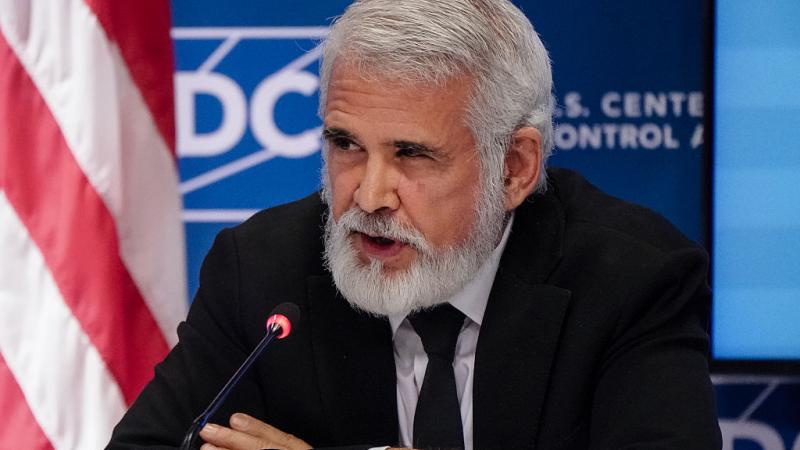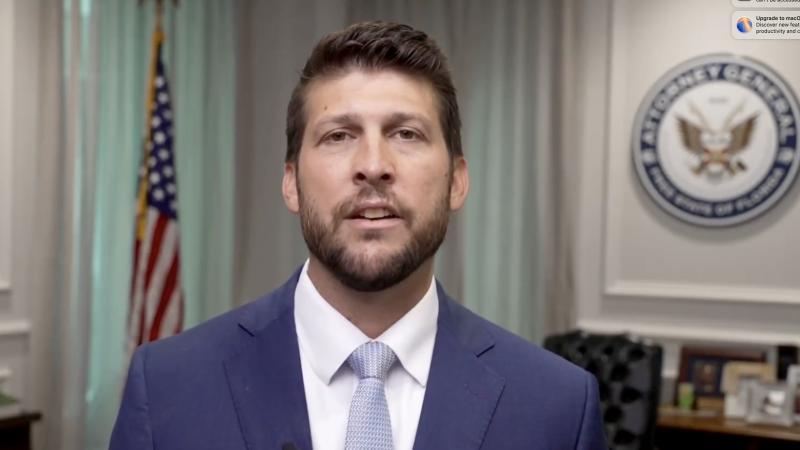NIH Director speaks optimistically about vaccine developments and coronavirus mutations
'It’s a horse race. We want all the horses to win, but we want to be sure there’s plenty in the field,' said the director on the vaccine development process
The Director of the National Institutes of Health says there could ultimately be several vaccines that successfully immunize the population of the U.S., and the world, against the novel coronavirus.
The director, Dr. Francis Collins, is the leading geneticist overseeing the NIH’s response to the global pandemic.
“My expectation is, and I am a bit of an optimist, that we don’t find out that there’s only one of these vaccines that works, but rather two or three of them come through the trials looking as though they’re safe and effective,” Collins told Bloomberg News.
In April, the NIH launched a program called Activ – Accelerating Covid-19 Therapeutic Interventions and Vaccines. It is a partnership between the government health agencies and 16 biopharmaceutical companies, with a goal of producing an effective vaccine as expeditiously as possible.
Collins said that when a vaccine is developed, frontline health care workers and those at high risk will be the first to receive it.
When asked about U.S. manufacturing capacity for the vaccines in development, he said, “We’re in a pretty good place. All of the partners here, from the NIH, from academic centers, and particularly from industry that has manufacturing capacity, are determined that we’re going to make this work.”
Collins spoke about how the pharmaceutical industry working furiously to create a safe and effective vaccine. He mentioned the mRNA vaccines, and specifically the one that is in development at Moderna Inc.
“They are new, and they are rapid, and the good part is you can therefore mount a program very quickly," he said. "That was 63 days for the RNA vaccine NIH has done jointly with Moderna. That was a world record by many months.”
However, he noted that the FDA has never before approved a vaccine developed by these methods. He is hopeful about Moderna’s mRNA strategy, but said that there are also “very solid backups, other platforms that we know can work for other viruses.”
When asked about the possible the mutation of the virus, Dr. Collins said, “It does undergo mutation at about the rate you might expect. So far, I would not say there’s anything particularly alarming.”
















